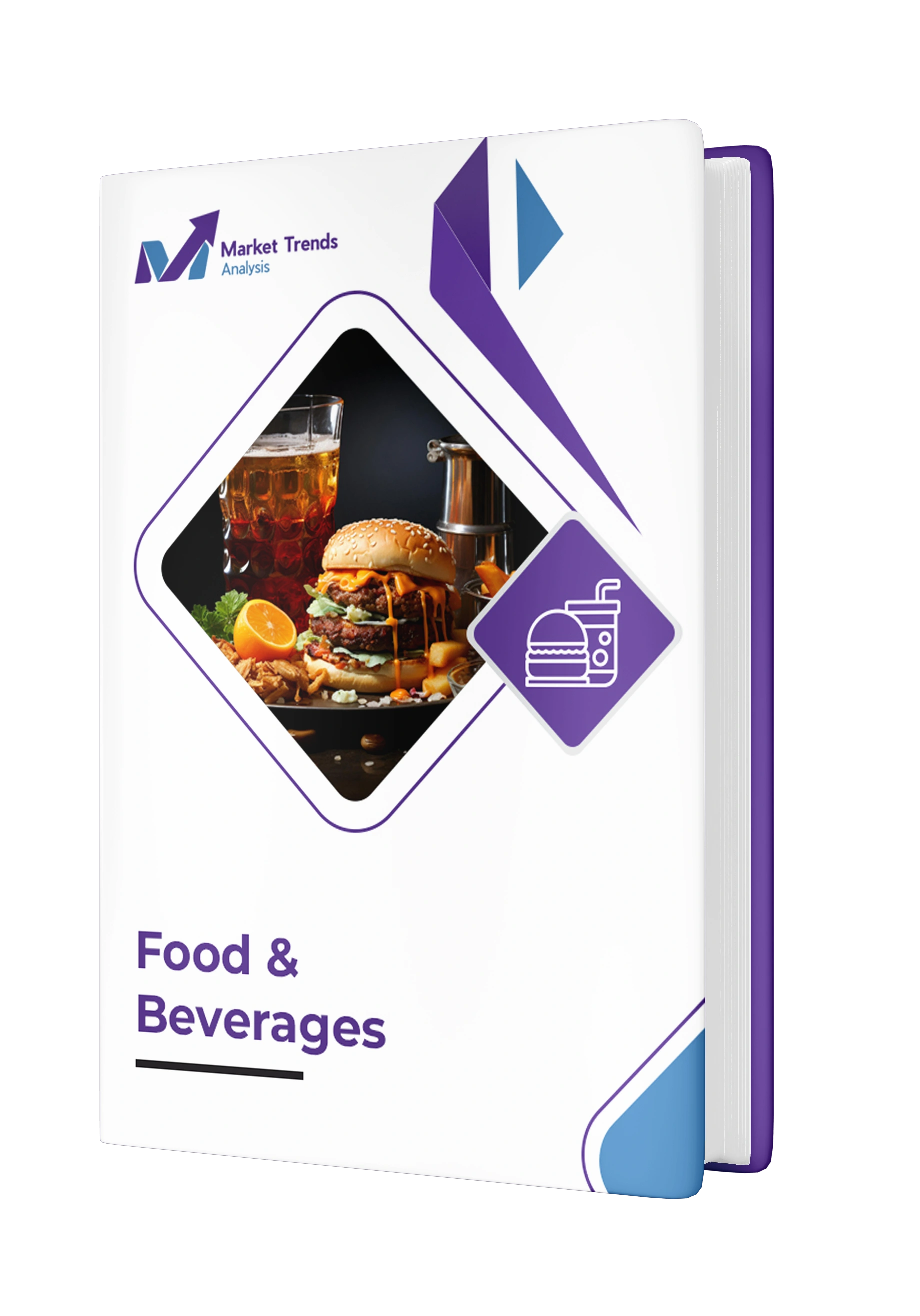The Food & Beverage Logistics sector forms a cornerstone of the extensive Food & Beverages industry, bridging the production process with the end consumer. This sector represents the intricate mechanisms involved in maintaining a seamless supply chain, which is critical for the successful operation of every other component within the industry. The intricacies of Food & Beverage Logistics demonstrate how advancements in technology, data management, and network optimization are transforming the food sector. This arena apart from being a crucial cog of the Food & Beverages industry, brings together a diverse range of activities such as raw material procurement, processing, packaging, storage, transportation, and distribution.
In this age of convenience, where timely delivery of quality food items has become a norm, the role of logistics becomes pivotal in ensuring customer satisfaction and overall business efficiency. In the rapidly evolving landscape of global food and beverage industry, Food & Beverage Logistics is deeply interconnected with other sub-segments like Food Safety & Standards, Food Processing Equipment & Technology, Cold Chain Logistics, and Food Packaging. This connectedness ensures an integrated, efficient, and safe supply chain for the industry.
Key Insights and Trends
Market Preface
The sphere of Food & Beverage Logistics embodies a varied spectrum of operations including, raw material transportation, cold-chain logistics, warehousing, real-time tracking, last-mile delivery, and more. Verified Market Reports has explored numerous niche markets within this landscape, producing in-depth reports on segments such as Cold Chain Logistics, Food Transport, E-commerce Logistics, and Warehousing. These reports offer extensive insights into market sizes, prevailing trends, and future predictions, equipping stakeholders with valuable data to form savvy strategies and decisions. This expansive canvas of Food & Beverage Logistics not only ensures smooth operations but also drives sustainability, efficiency and innovation in the industry.
Prominent Markets
The Cold Chain Logistics market has experienced significant expansion, propagated by the rising consumption of fresh and frozen foods. This segment plays a crucial role in maintaining the quality and safety of perishable items during transportation and storage, thus holding a substantial stake in the food logistics operations. With the advent and expansion of online food delivery services, the Food Transport market has gained immense traction. It plays a pivotal role in linking restaurants and consumers, providing a flexible and convenient avenue for food delivery. The growth of E-commerce Logistics has been phenomenal, in sync with the exponential increase of online shopping. This segment ensures the efficient processing and delivery of food and groceries ordered online, radically changing the traditional shopping landscape.
Competitive Landscape
The competitive dynamics of the Food & Beverage Logistics market reflect a confluence of technology, efficiency, and sustainability. Key players such as DHL, FedEx, UPS, C.H. Robinson, Americold Logistics, Maersk, Nippon Express, MSC, DB Schenker, and Kuehne+Nagel form the backbone of this industry. This arena showcases a blend of robust competition and cooperation, as these entities work towards optimizing the global supply chain, innovate sustainable solutions, and tackle unexpected disruptions. The integration of advanced technologies for data analytics, real-time tracking, automation, and AI-powered tools symbolize the future of this competitive field.
Conclusion
The Food & Beverage Logistics sector is a dynamic, complex and evolving industry that underlines the significance of a well-oiled supply chain in the broader Food & Beverages Industry. As this sector continues to grow and innovate, influenced by technological advancements, environmental shifts, and consumer demands, it remains a harbinger of efficiency, integration, and sustainability. For those seeking to delve into the pulsating world of food and beverage logistics, Verified Market Reports provides comprehensive analysis and in-depth insights into niche markets, equipping decision-makers with the knowledge to steer through this multifaceted industry. Connect with a Verified Market Reports representative today to uncover the opportunities that await.

Food and Beverages > Food and Beverage Logistics
According to Market Trends Analysis, The Global Ice creams amp Frozen Desserts Market size was valued at USD 77.2 Billion in 2024 and is estimated to reach USD 132.41 Billion by 2032, growing at a CAGR of 6.6% from 2026 to 2032.
